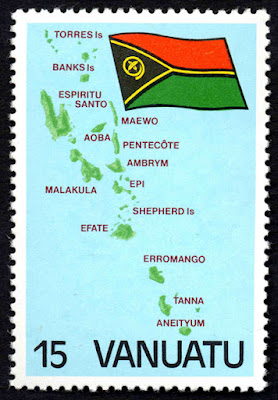Allan Octavian Hume (1829-1912) was a British civil servant, ornithologist, and one of the key figures in the Indian independence movement. He is best known for his significant contributions to the study of Indian birds and for his role in the formation of the Indian National Congress.
Hume arrived in India in 1849 and served as a civil servant under the British colonial administration. His interest in ornithology led him to study and document numerous bird species in India. He played a crucial role in classifying and describing Indian birds, contributing greatly to the understanding of the country's avian diversity. Hume's work earned him the title "Father of Indian Ornithology."
Aside from his scientific pursuits, Hume was also deeply involved in Indian politics and social issues. He became disillusioned with British colonial policies and actively supported the cause of Indian self-rule. In 1883, he retired from the Indian Civil Services and devoted himself to the Indian nationalist movement.
Hume played a significant role in the establishment of the Indian National Congress (INC) in 1885. The INC became one of the major political organizations advocating for Indian independence from British rule. Hume acted as the General Secretary of the INC in its early years and played a crucial role in shaping its structure and objectives.
Despite his efforts towards Indian independence, Hume's relationship with some other prominent leaders, particularly with the extremist faction within the Congress, became strained. As a result, he distanced himself from active politics and returned to his scholarly pursuits later in life.
Allan Octavian Hume's contributions to ornithology and his role in the early stages of India's independence movement are both noteworthy and have left a lasting impact on the history of India.
Allan Octavian Hume passed away on 31 July 1912.










